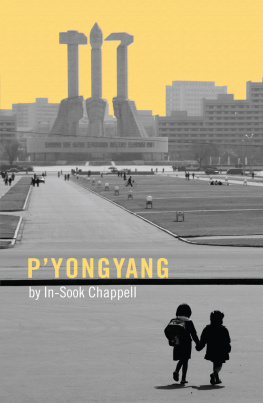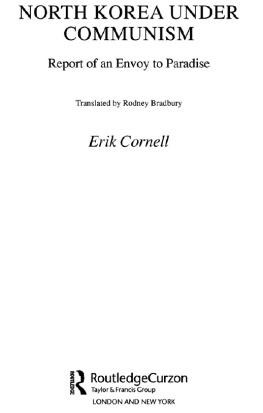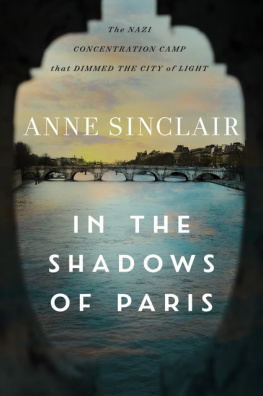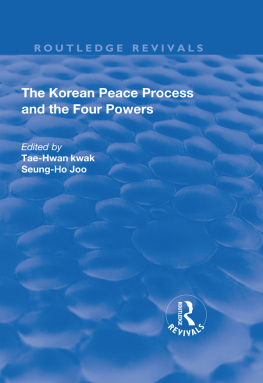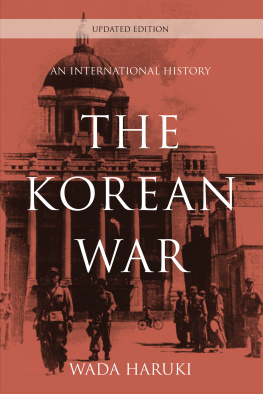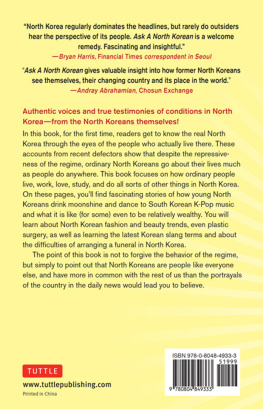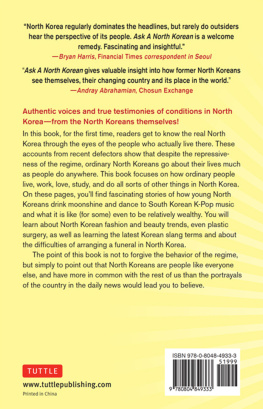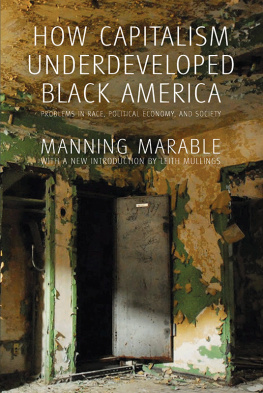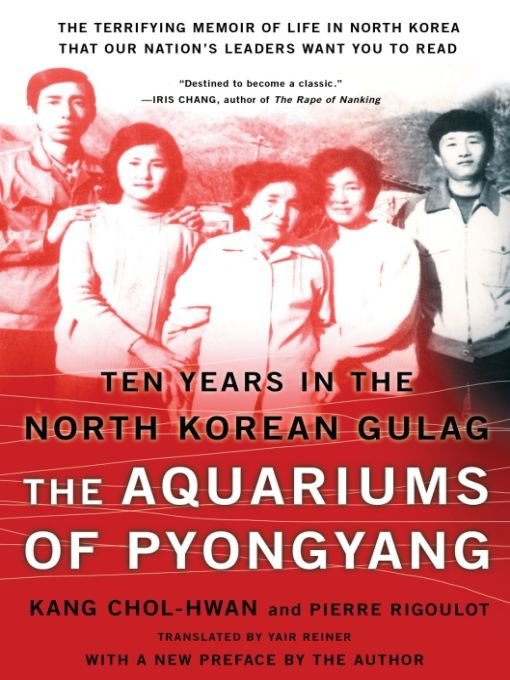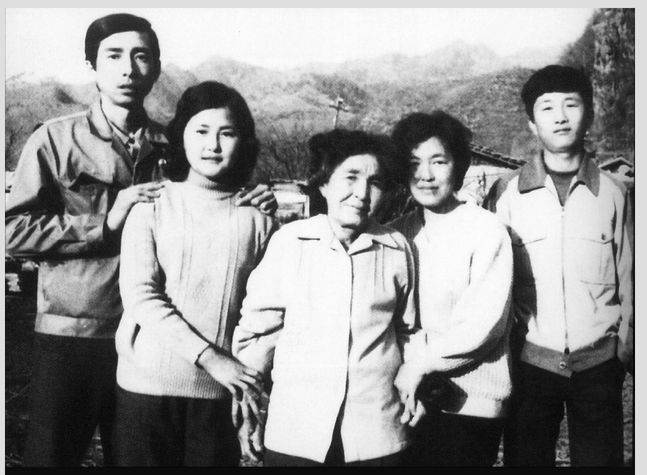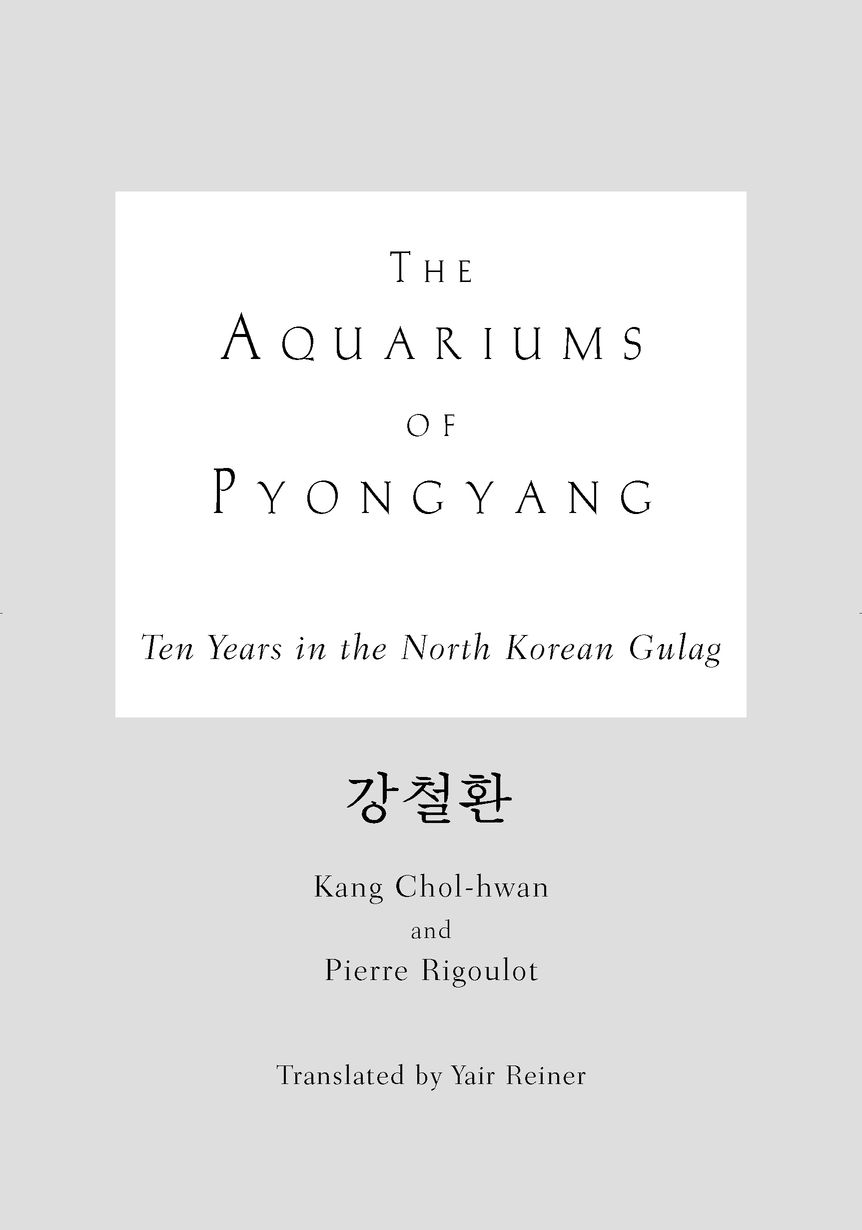Table of Contents
Author (right), age 19, one year after his release from the Yodok labor camp with (left to right) his third uncle, sister Mi-ho, grandmother, and third aunt.
A Member of the Perseus Books Group New York
PREFACE FOR THE REVISED EDITION
As a reporter for Chosun Ilbo, South Koreas leading daily newspaper, I have been covering issues related to North Korea since 2000. Ive met and reported on approximately 500 North Korean refugees and defectors, those on the run in China and those who found freedom in South Korea. One of them told me, At the peak of the famine in 1998, I saw numerous corpses strewn on the ground in front of the railroad station in Hamhung [a northeastern coastal city and the capital of South-Hamkyung Province]. People died so fast that hundreds of them had to be buried in mass graves at the Mt. Donghung Cemetery as coffins were in short supply.
Almost all of the North Koreans I interviewed described similar incidents from the Great Famine in the late 1990s. People foraged throughout forests and on hillsides for edible herbs. Soon they had to resort to boiling tree bark and the roots of rice plants to make the tough fibers digestible. I was reminded of the horrendous times I went through in the Yodok gulag before I was released in 1987. I asked myself: Has the entire country turned into a gigantic gulag? What would the prison camps look like now? What are my fellow gulag inmates enduring now in order to survive?
I risked my life and fled North Korea in 1992 and sought refuge in South Korea soon afterward in order to expose to the world the unimaginable crimes committed in the political prison camps by the Pyongyang regime. At the age of nine, I had been taken to one of them in Yodok, South-Hamkyung Province, due to my parents alleged guilt by association to my grandfather. I was destined to spend ten years of grim residence there.
Upon reaching freedom in the Republic of Korea at the end of my journey, which took me first through China, I shed tears of joy. During the press conference that shortly followed, however, I was struck speechless by some of the questions asked of me by certain journalists. It was clear to me that those journalists were trying to squeeze out of me only answers they wanted to hearDid you concoct part of your story with the help of Seouls intelligence service? That ridiculous question turned out to be just the beginning of my ordeal in the so-called free world.
No matter how hard I and other defectors from the North have tried since then, far too many people in Seoul have turned a blind eye to the truth about North Koreas concentration camps. When the Koreans refused to believe us, perhaps I was naive to expect the international community to respond more sympathetically. No one paid any particular attention to us.
Here in South Korea, where I had sought asylum with high hopes, a growing proportion of the populace tend to believe that one can achieve peace only through reconciliation and cooperation. How can so many ignore Kim Jong Ils brutal persecution of his own people? There seems no shortage of rationalizations for remaining silent in the face of the evil that lies a mere 40 miles to the north of Seoul.
The simple truth about Kim Jong Il and his astounding brutality is constantly distorted. In South Korea today, if you are opposed to Kim Jong Il, you are automatically branded a reactionary; if you support this despot you are thought to be a progressive intellectual. Witnessing this bizarre inversion of reality, those who have struggled to escape Kim Jong Ils iron grip quickly begin to lose their optimism.
But at the end of the 1990s, the ember of hope was suddenly rekindled as huge numbers of North Koreans streamed across the borders into neighboring countries. Almost overnight, the international community came around to give its ear to the testimonies of freed North Koreans. Foreign media outlets competed with each other to interview North Korean refugees in China and hear their stories of the human rights atrocities inside North Korea. The United Nations Human Rights Commission has issued resolutions three years in a row since 2003, each time with increased conviction, condemning Pyongyang for its violations of international human rights. And yet amazingly, despite the international outrage, multitudes of Koreans in the South have never awakened from their moral slumber.
The South Korean government chose either not to show up for the UN vote (in 2003) or to abstain (in 2004 and 2005) from its resolution on North Koreas human rights situation. In order to rationalize this disregard for its own citizens, the South Korean government claimed that doing otherwise could disturb the peaceful coexistence achieved through dialogue with Pyongyang. Such reasoning makes a mockery of an irrefutable fact: according to the constitution of the Republic of Korea, Koreans on both sides of the DMZ fall under the sovereignty of its government.
In neighboring Japan, North Korea-related news items in general are being rated higher than any other news on TV and memoirs by various North Korean defectors are hitting the bestseller lists at bookstores across the nation. In contrast, such books continue to collect dust on bookshelves here in Korea, and it no longer comes as a surprise that South Korean publishers shun manuscripts by North Koreans.
I have often wondered if our dream of delivering our kinsmen in the North from bondage was destined to sink into oblivion.
I found God in South Korea, but He seemed determined to not respond to my prayers. I asked the Lord: Why do they have to go through all the pain they suffer? What are the sins theyve committed to deserve such enormous suffering? My heart broke anew each night as I contemplated their misery. If you are a living God, why are you allowing all those precious souls to perish under an evil power? How much longer do my people have to endure this agony?
And then one day out of a clear blue sky, the seemingly impossible happened. I call it a miracle for a nine-year-old boy-slave in a North Korean gulag to end up defecting to South Korea. But I did not know what to call it when I heard that the president of the worlds most powerful nation wanted to meet the author of a gulag memoir he had just finished reading. That was me!
On June 13, 2005, I met with President George W. Bush in the Oval Office for forty long minutes. I told the president about the plight of North Korean people, and we shared sincere opinions on how to save them.
Throughout the meeting with President Bush, it dawned on me that my God was, after all, a living God. I now realize that the Lord wanted to use President Bush to let the blind world see what is happening to His people in North Korea. With one simple stroke of Gods finger, the bleak reality, in which nearly no one cared about the ghosts of three million famished souls and hundreds of thousands more in the concentration camps in my home country, was instantly changed.
Since that meeting at the White House, I have received many emails from North Koreans hiding in China, all encouraging me and thanking the American president for caring about their fate. I dont have a slightest doubt that the good news has also traveled all across the country inside North Korea giving the 23 million people long-overdue hope and encouragement. For the 200,000 political prisoners in the gulag, the news must have struck them as if they had an encounter with the Savior himself. Some inside North Korea said that this single event could wipe out years of anti-American propaganda once and for all. And in South Korea, the effects have been most visible on the youth who have been uninformed and, therefore, indifferent to the plight of their fellow Koreans in the North.


